108 Military Central Hospital has just signed a cooperation agreement and signed a contract to transfer organ transplant techniques with E Hospital for the period 2024 - 2030.
Cooperation in transferring organ transplant techniques between two major hospitals
This is an important event, marking a new step forward in improving the quality of health care and patient treatment at the two hospitals.
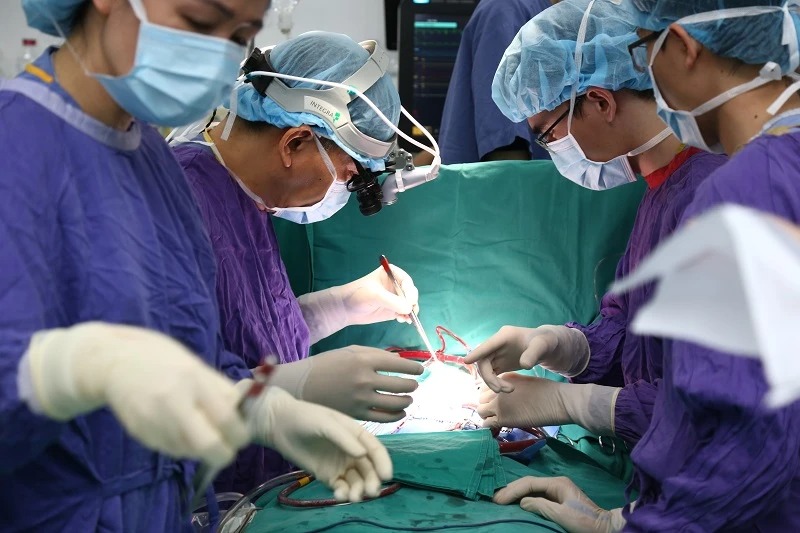 |
| 108 Military Central Hospital has just signed a cooperation agreement and signed a contract to transfer organ transplant techniques with E Hospital for the period 2024 - 2030. |
Speaking at the program, Major General, Prof. Dr. Le Huu Song, Director of the 108 Military Central Hospital, said that the Hospital and E Hospital signed an agreement on organ transplant technology transfer based on the needs and conditions of the two hospitals; comprehensive cooperation from training, technology transfer, professional referral, advanced medical service consultation to cooperation in the fields of scientific research and staff training.
E Hospital is a grade I general hospital under the Ministry of Health with a scale of more than 1,000 beds, and has achieved many important achievements in medical examination and treatment, training, scientific research and international cooperation.
Although E Hospital has never had an organ transplant, it has successfully implemented a model of brain death diagnosis and brain death resuscitation for organ donation with the support of the National Organ Transplant Coordination Center and has established a branch of the Vietnam Organ and Tissue Donation Association at the unit.
According to Dr. Nguyen Cong Huu, Director of Hospital E, the medical cooperation program between the two hospitals is to serve patients better and better.
In particular, E Hospital wishes to receive support, consultation, training and transfer of organ transplant techniques.
Regarding the cooperation agreement, 108 Central Military Hospital 108 receives training and transfers technical processes to technical teams upon request from E Hospital and vice versa.
108 Central Military Hospital is ready to receive patients transferred from E Hospital and vice versa according to the specialized strengths and expertise of the two hospitals, ensuring the health insurance rights of patients (according to the provisions of the Law on Medical Examination and Treatment).
At the same time, receive graduate students in various fields of study at the 108 Institute of Clinical Medicine and Pharmacy; cooperate in the fields of scientific research, exchange of scientific information, conferences, seminars, scientific publications, etc.
108 Military Central Hospital has deployed support, cooperation, training and transfer of liver transplant techniques to the Central Children's Hospital, Military Hospital 103; transferred kidney transplant techniques to Military Hospital 175, coordinated lung transplants for the Central Lung Hospital... The cooperation, training and transfer of organ transplant techniques between the two units will create many new opportunities for patients who unfortunately suffer from serious illnesses.
Saving a patient with cardiac arrest
The Emergency Department, 108 Central Military Hospital has just successfully treated a male patient NVH (66 years old, Bac Ninh) who had a traffic accident and was in a state of cardiac arrest, gasping for breath, unmeasurable pulse and blood pressure, pale skin and mucous membranes, and a distended abdomen.
The patient was given advanced cardiopulmonary resuscitation, balloon pumping, and urgent external chest compressions. After 5 minutes, the heart started beating again.
During the bedside ultrasound, the doctors discovered that the patient had left pleural effusion, severe abdominal hematoma, and was diagnosed with hemorrhagic shock due to multiple trauma, closed chest trauma, and closed abdominal trauma due to a ruptured spleen. The patient was transferred directly to the operating room and underwent surgery to remove the spleen and stop the bleeding by doctors from the Institute of Digestive Surgery, 108 Central Military Hospital.
After surgery, the patient was transferred to the Department of Surgical Resuscitation and Organ Transplantation, where he received intensive resuscitation, respiratory support, neuroprotection, and blood replacement.
The patient progressed well, after 1 day he was fully awake, had no localized nerve damage, and was in stable condition.
Hemorrhagic shock results from severe bleeding, when more than 20% of circulating volume is lost. Hemorrhagic shock causes tissue hypoperfusion, resulting in inadequate delivery of oxygen and nutrients necessary for cell function.
Whenever the cells' oxygen demand is greater than their supply, both the cells and the body go into shock. Hemorrhagic shock is a life-threatening condition and requires prompt, emergency treatment to save the patient's life.
Common causes of hemorrhagic shock include: trauma to blood vessels, pelvic fracture, liver rupture, spleen rupture; respiratory bleeding, gastrointestinal bleeding, gastrointestinal bleeding due to peptic ulcers, esophageal varices rupture, vascular diseases (ruptured thoracic aortic dissection), obstetrics (ruptured ectopic pregnancy).
When a patient loses blood, they need to receive proper first aid and be transferred to a specialized facility for timely emergency care to avoid late medical examinations that can lead to unfortunate consequences.
Source: https://baodautu.vn/tin-moi-y-te-ngay-256-hop-tac-chuyen-giao-ky-thuat-ghep-tang-d218391.html


![[Photo] Nhan Dan Newspaper announces the project "Love Vietnam so much"](https://vstatic.vietnam.vn/vietnam/resource/IMAGE/2025/4/17/362f882012d3432783fc92fab1b3e980)
![[Photo] National Assembly Chairman Tran Thanh Man meets with outstanding workers in the oil and gas industry](https://vstatic.vietnam.vn/vietnam/resource/IMAGE/2025/4/17/1d0de4026b75434ab34279624db7ee4a)
![[Photo] The beauty of Ho Chi Minh City - a modern "super city" after 50 years of liberation](https://vstatic.vietnam.vn/vietnam/resource/IMAGE/2025/4/18/81f27acd8889496990ec53efad1c5399)
![[Photo] Promoting friendship, solidarity and cooperation between the armies and people of the two countries](https://vstatic.vietnam.vn/vietnam/resource/IMAGE/2025/4/17/0c4d087864f14092aed77252590b6bae)
![[Photo] Closing of the 4th Summit of the Partnership for Green Growth and the Global Goals](https://vstatic.vietnam.vn/vietnam/resource/IMAGE/2025/4/17/c0a0df9852c84e58be0a8b939189c85a)

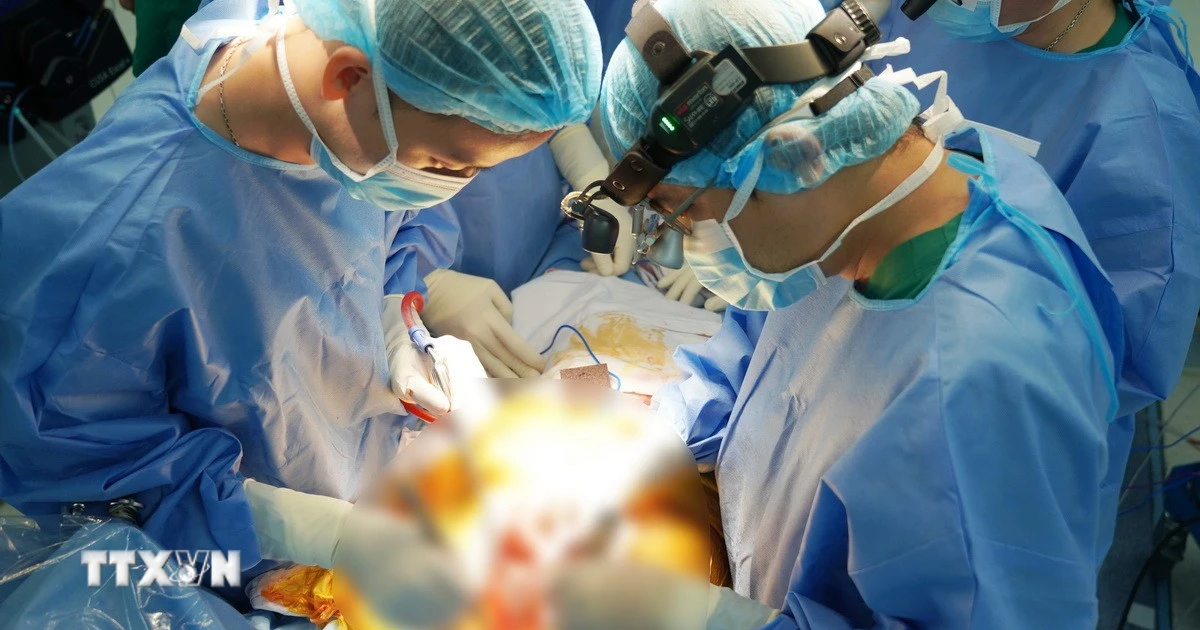



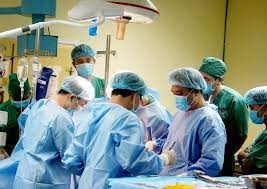

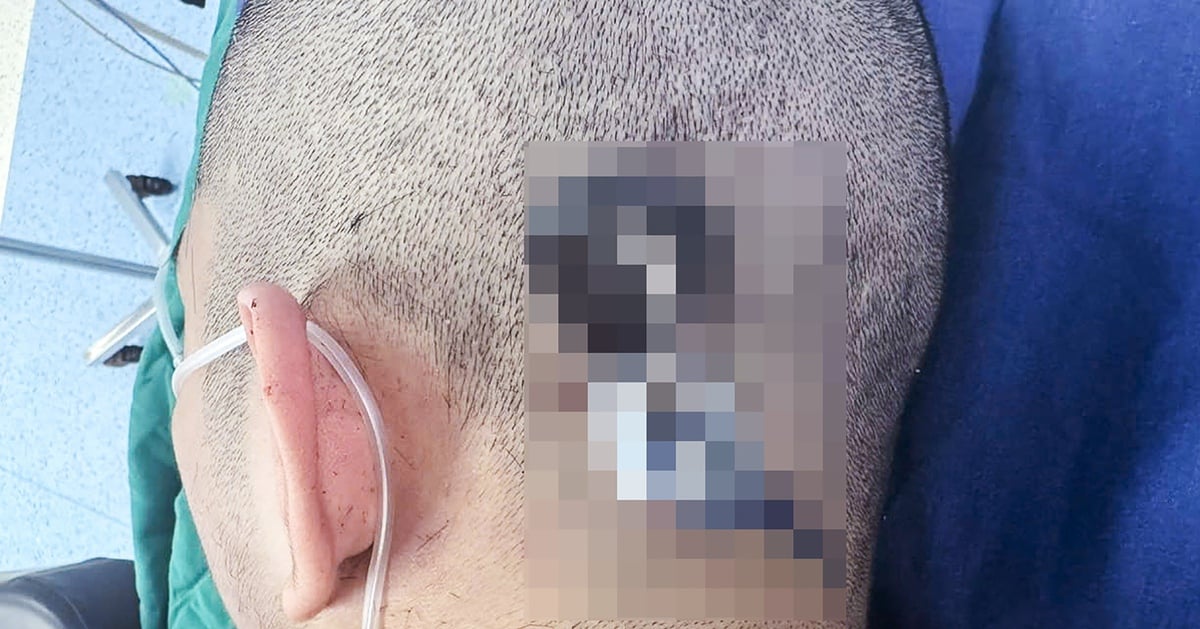


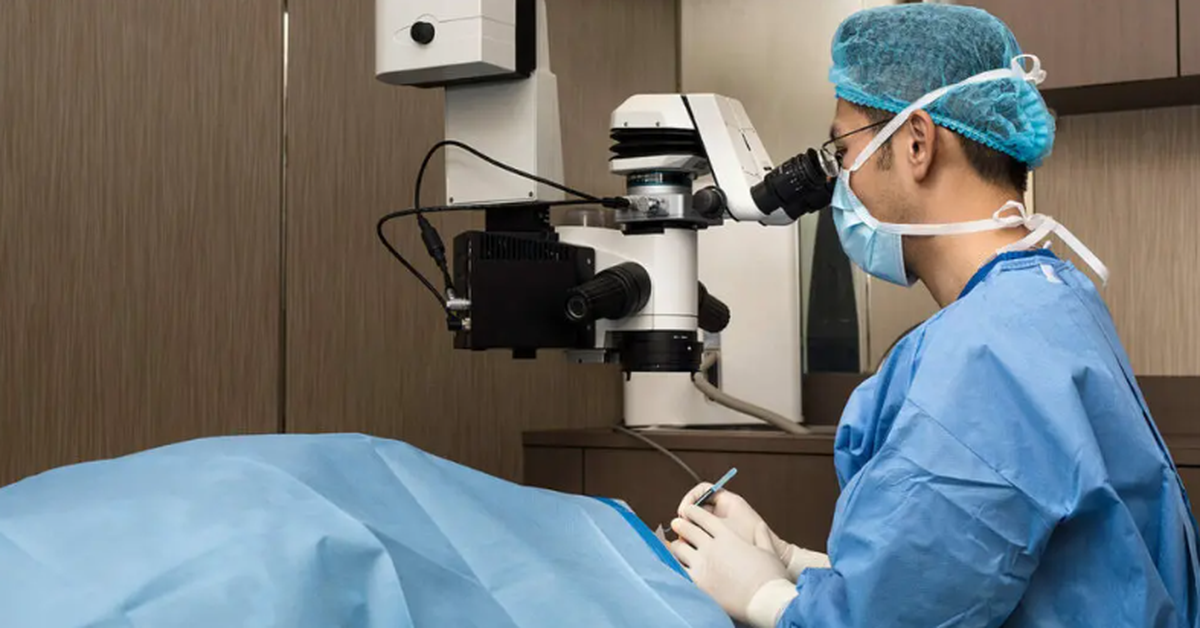
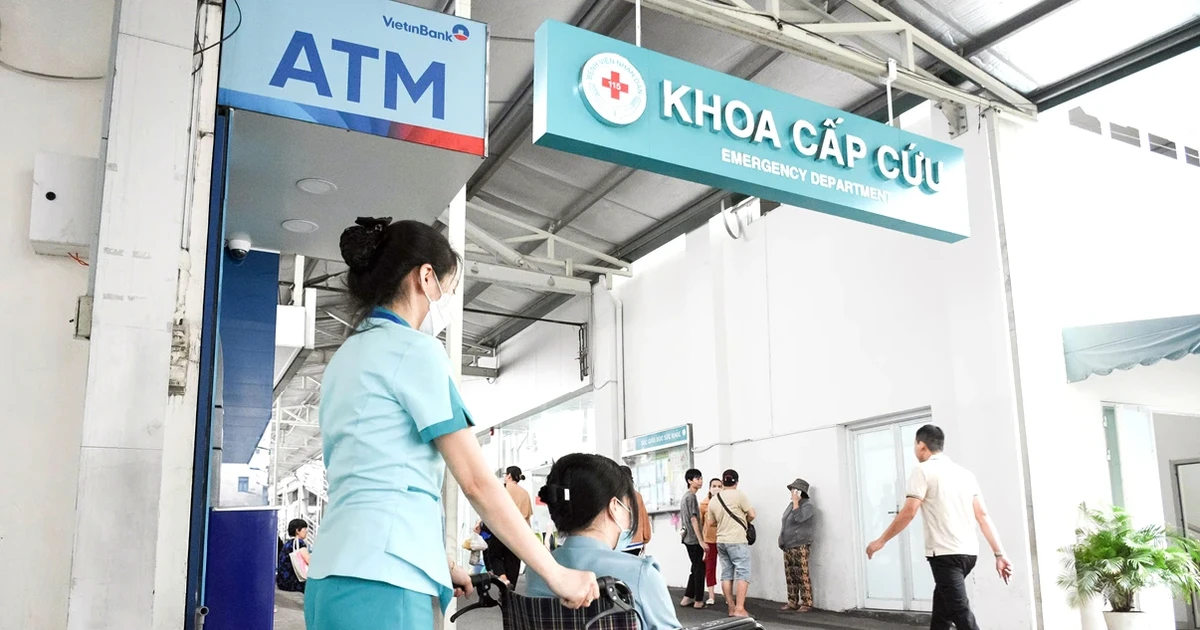




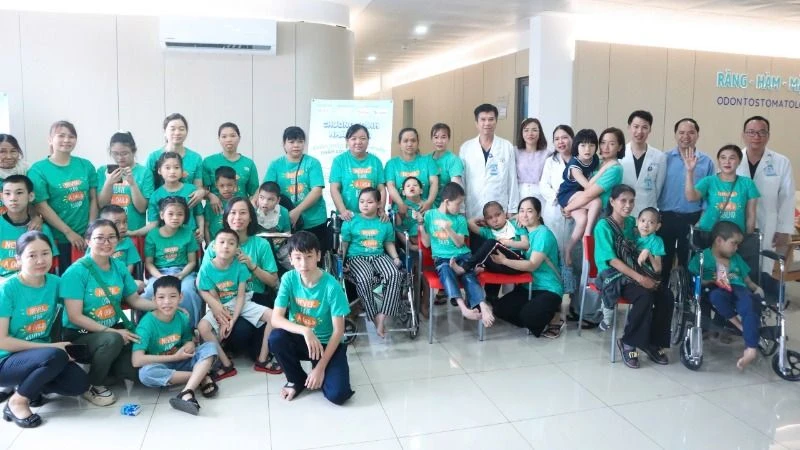










![[Photo] General Secretary To Lam receives French Ambassador to Vietnam Olivier Brochet](https://vstatic.vietnam.vn/vietnam/resource/IMAGE/2025/4/17/49224f0f12e84b66a73b17eb251f7278)






















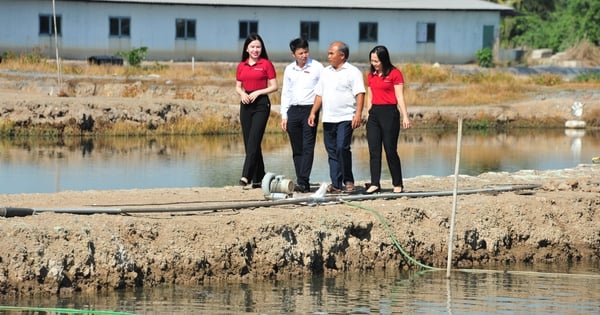



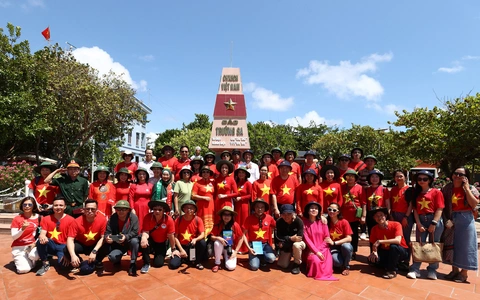

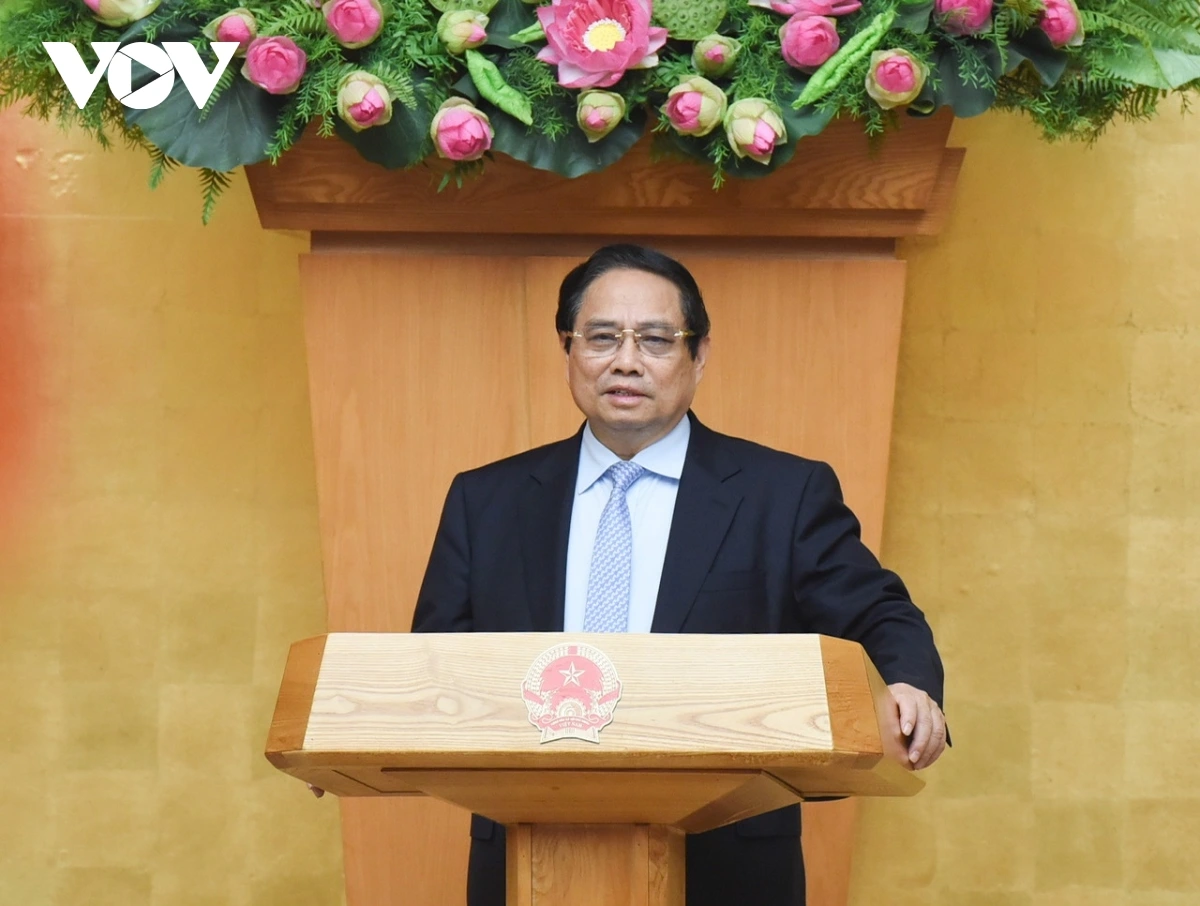






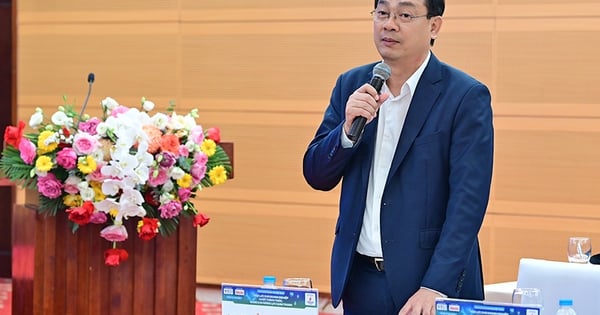
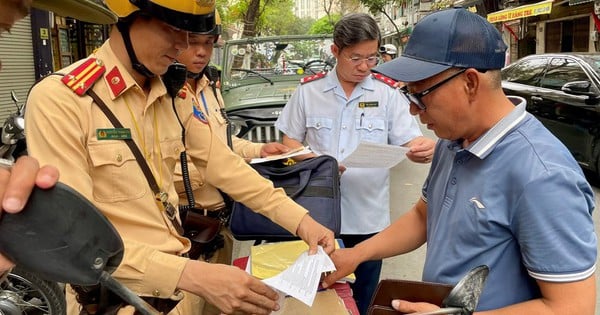





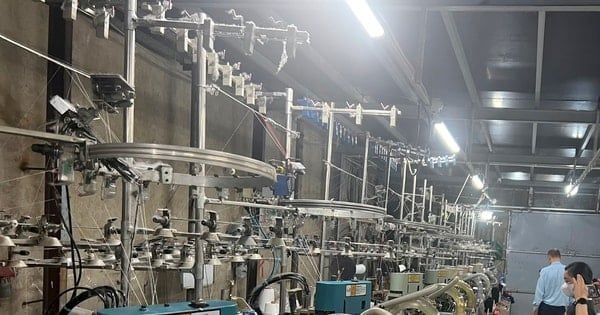





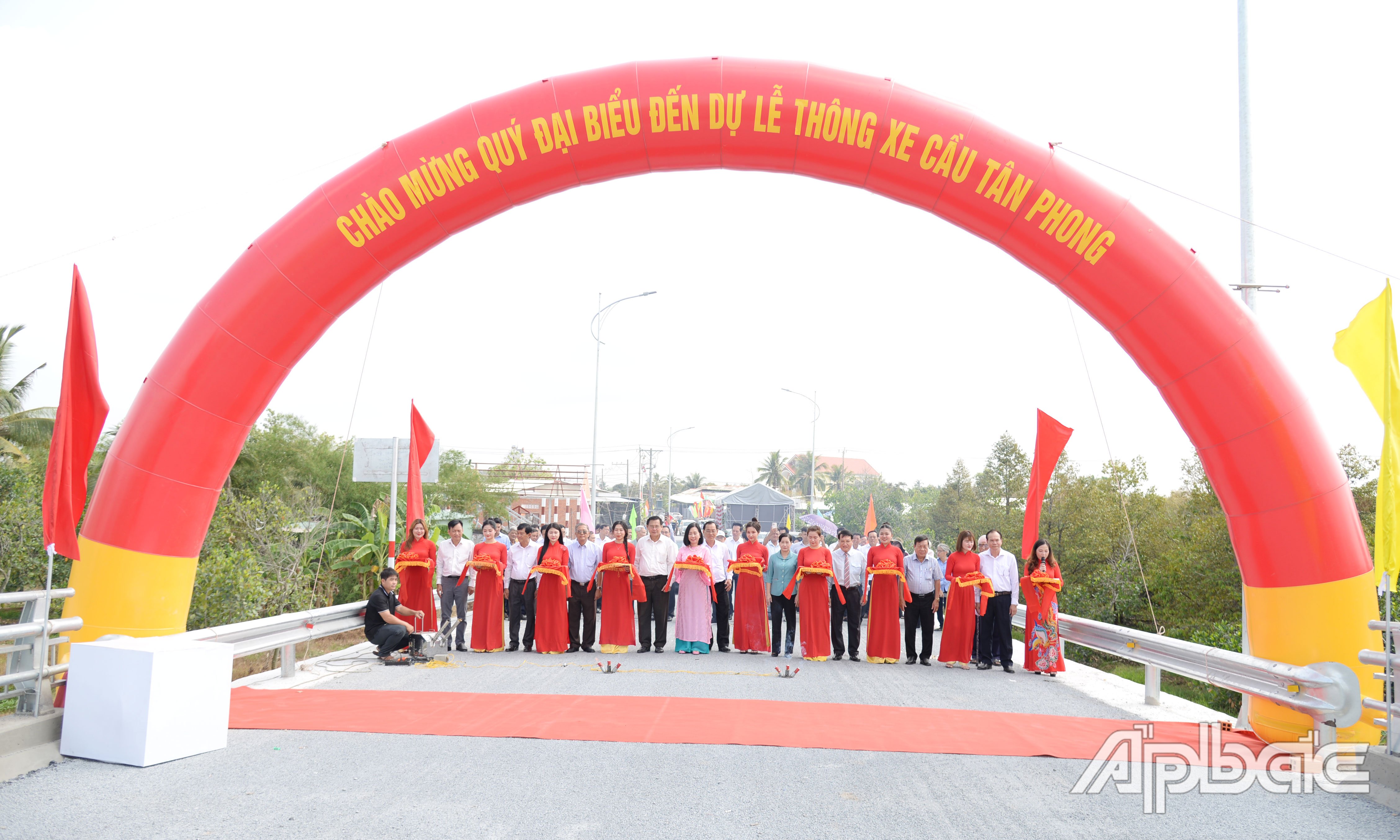











Comment (0)